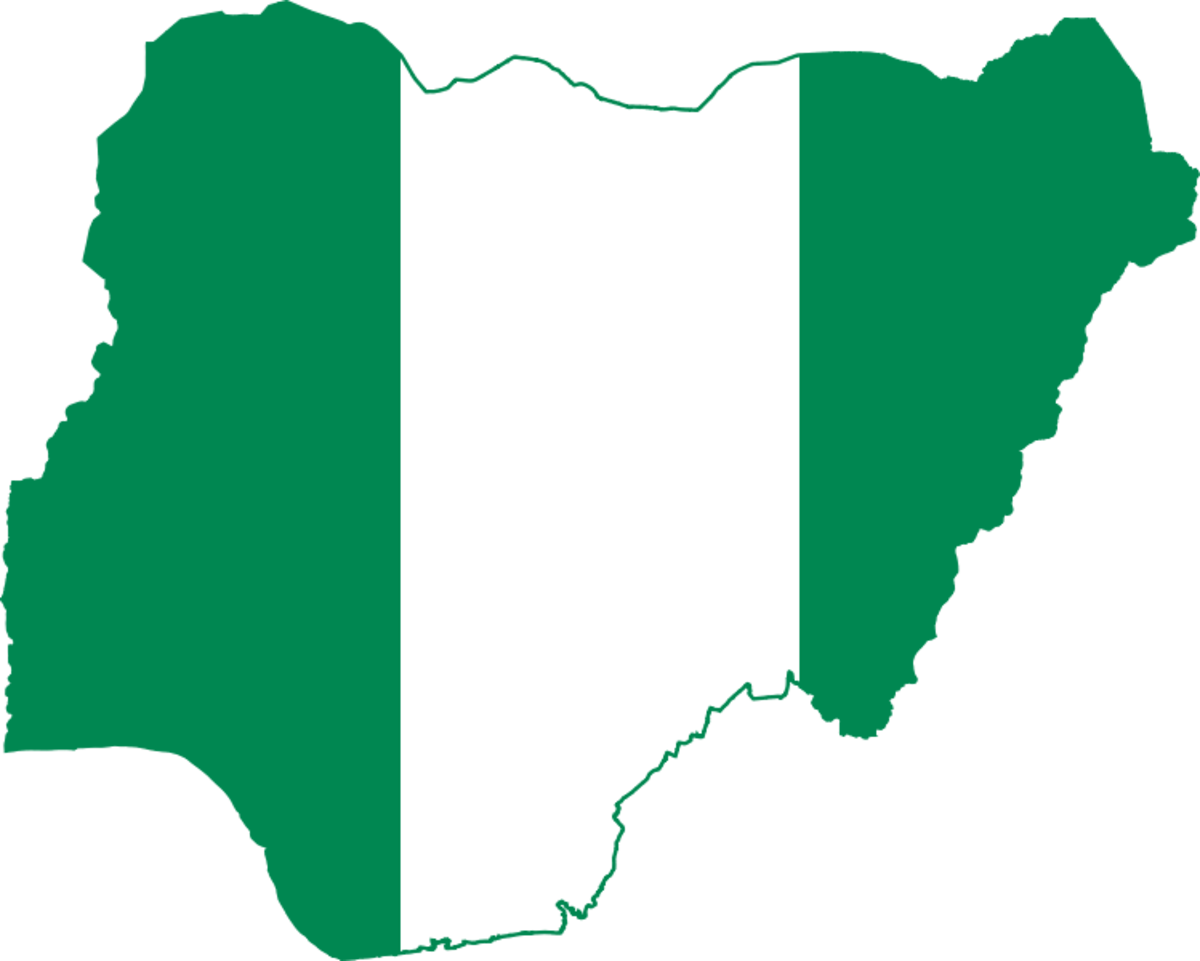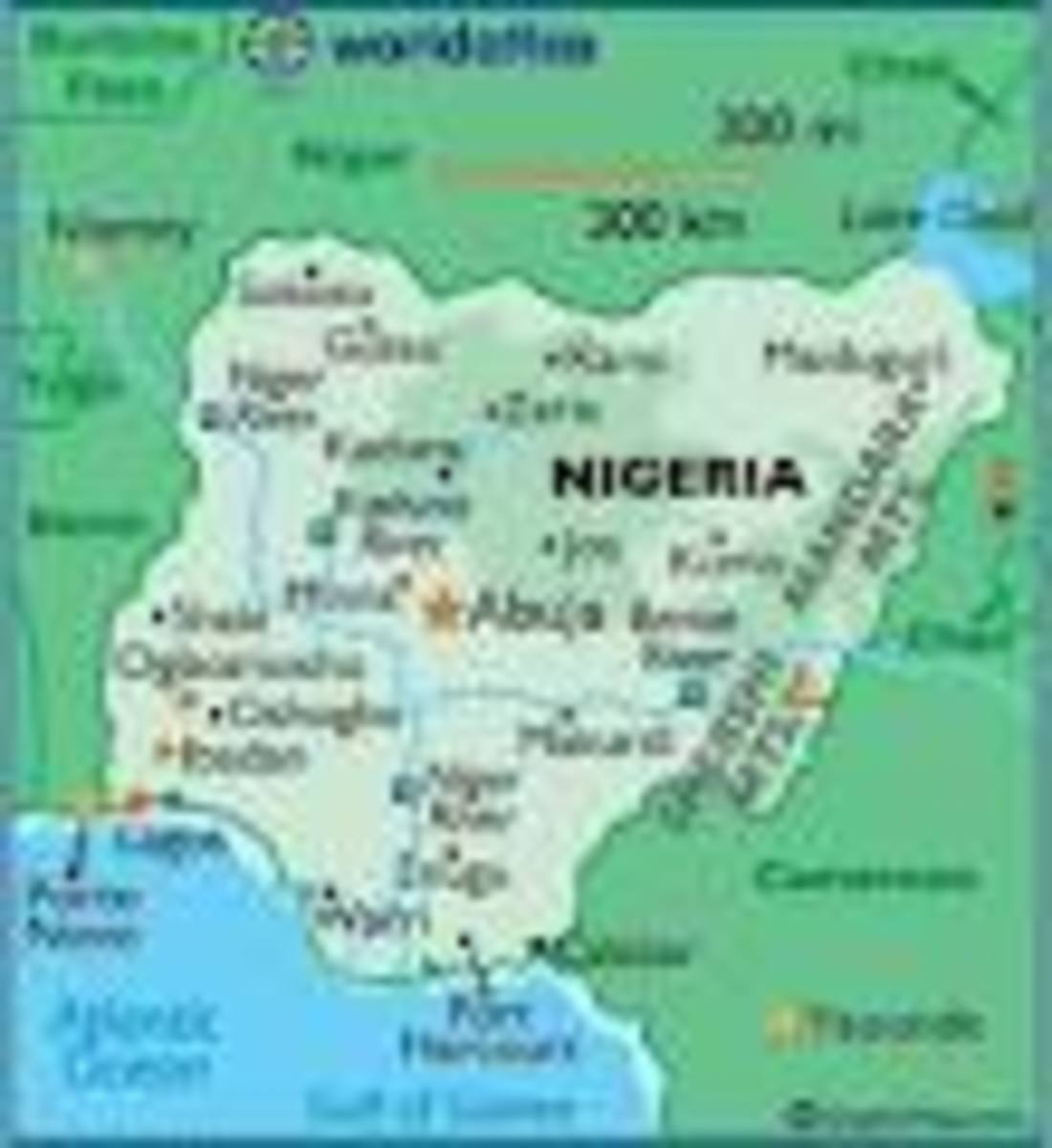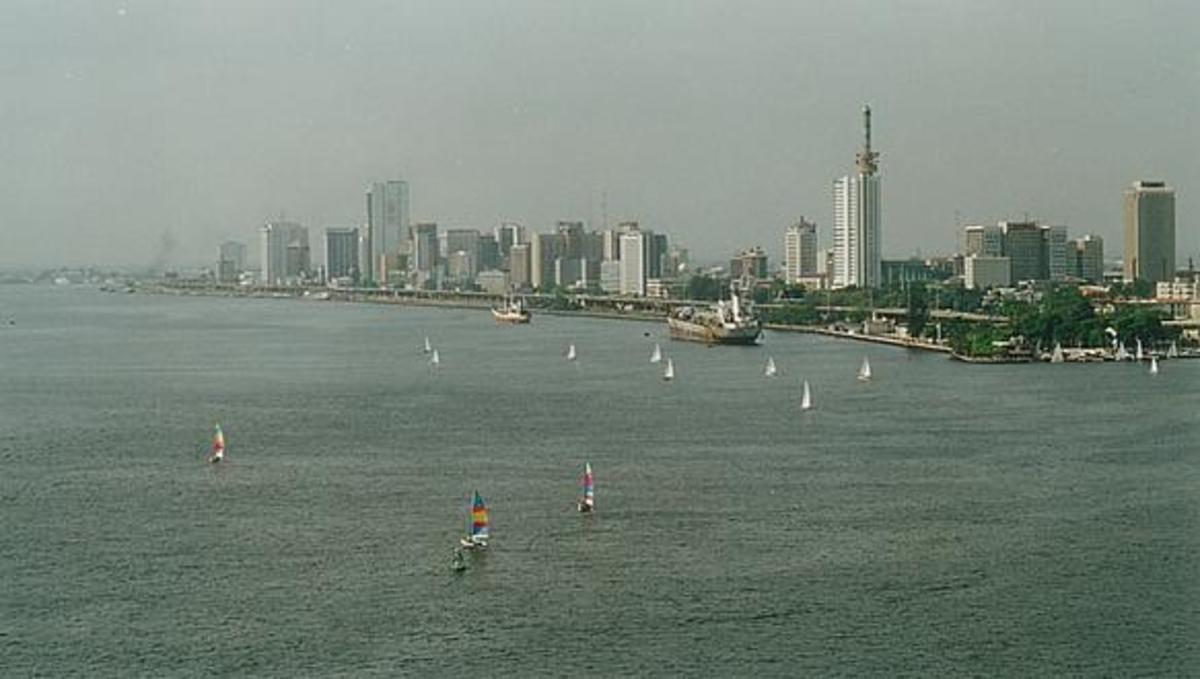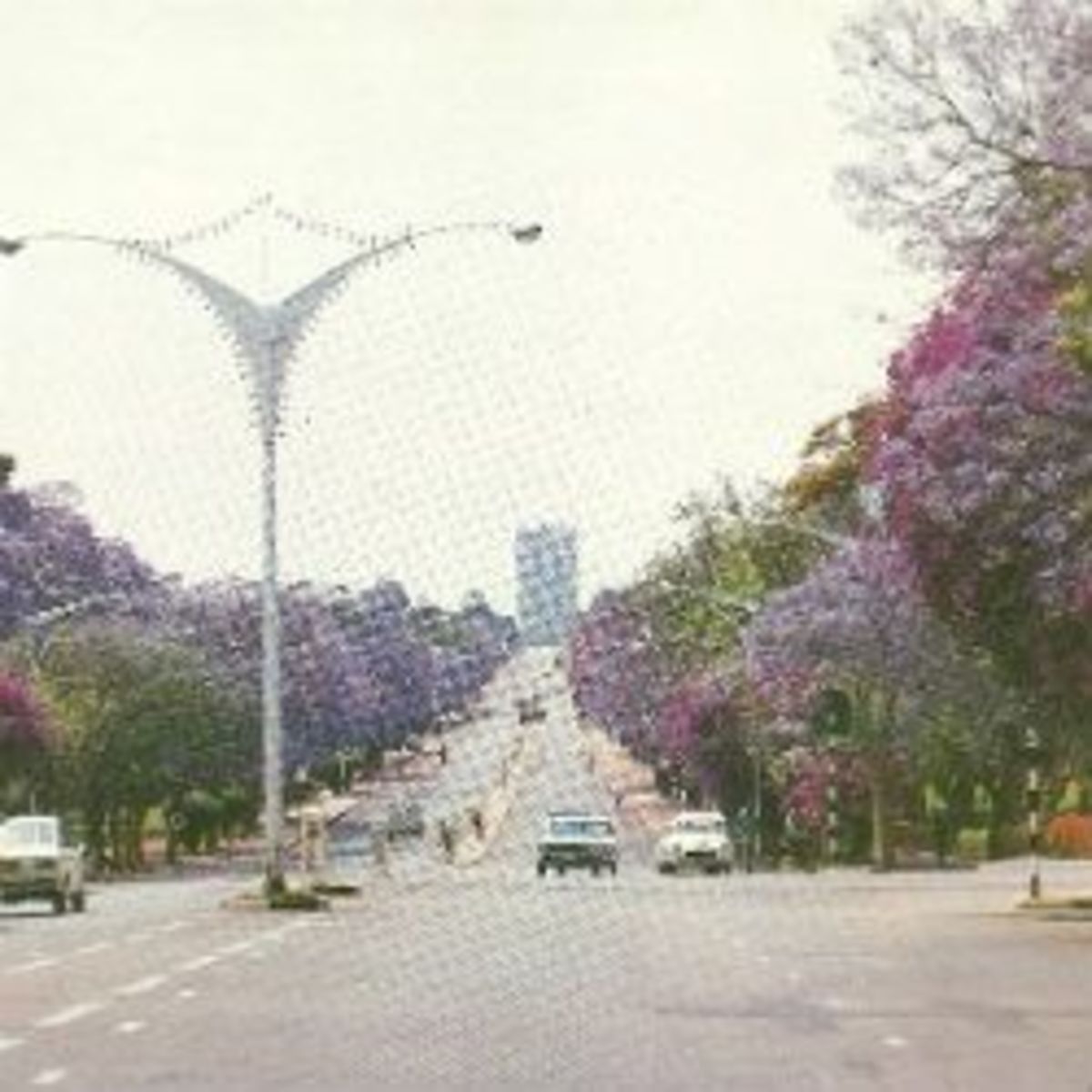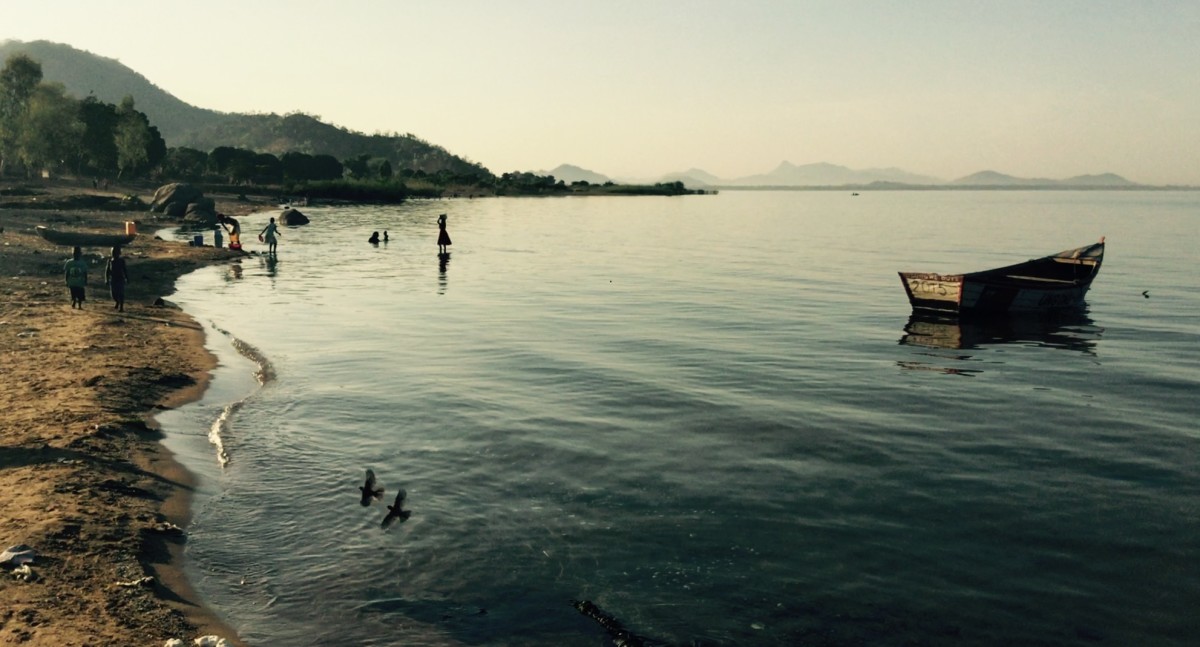- HubPages»
- Travel and Places»
- Visiting Africa»
- Travel to Western Africa
Is It Safe to Vacation in Nigeria?
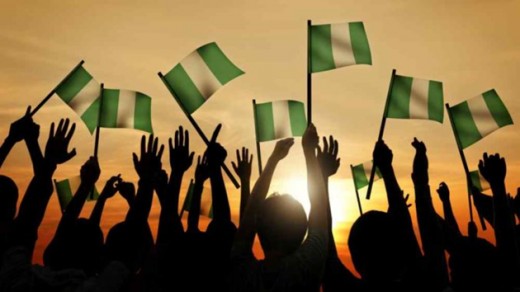
Nigeria is a West African nation undergoing an exciting and dynamic period of economic and social change. And let it be known from the start, that this author fully endorses including this nation of 190+ million people as a stop on your bucket list of places to experience. But in general, is Nigeria safe to visit or even vacation in? Below I have provided the facts on violent crime, fraud, robbery and kidnapping to better inform your decision.
The Setting:
Before answering whether it is safe for tourists in Nigeria, let's get some basic information. WIth a population of about 190 million+ people, 350+ different ethnic groups, and a similar number of languages /dialects, Nigeria has been a place of vibrant (sometimes frenetic) energy for decades. Couple that with the fact that it is having tremendous economic growth, in part fueled by oil revenues; and that the country (which is about the size of Venezuela) is expected to double in population over the next fifty years or so.
These conditions have created an uneven pattern of growth and prosperity that has bred (among other things) worsening inequality and even some instances of terrorism.
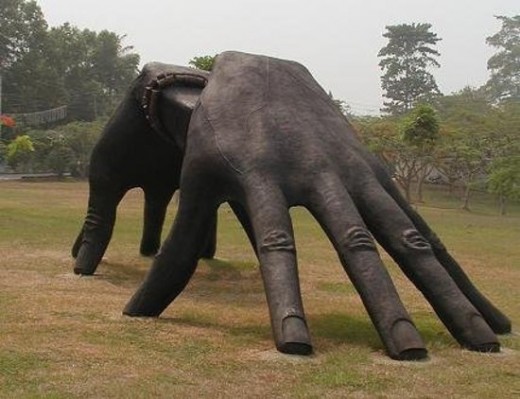
Crime In Nigeria / The Effect On Tourists:
Admittedly, Nigeria does rank higher than many other countries when it comes to crimes against foreign travellers. I am presenting data on these crimes in the following sections, yet keep in mind that crimes against foreign travellers remains very low worldwide. For example, between 2009 and 2013, a total of 1,151 Americans civilians were killed while travelling (or vacationing) in a foreign land. Compare this to the approximately 16,000 homicides that occur in the United States within a single year. [ref]
To aid in determining whether Nigeria is safe for tourists, I have included quotation from U.S. and Canadian foreign service agencies. According to the U.S. Department of State's Bureau of Diplomatic Security (OSAC), the majority of crimes against tourists and foreign visitors to Nigeria are financially motivated.
U.S State Department (Travel Advisory):
The U.S. State Department currently has Nigeria at a travel advisory Level of 3. To put it bluntly, the State Department is asking Americans to "reconsider travel plans" to this country for various reasons, the threat of terrorism chief among them. The state Department made a particular note that beyond the larger Nigerian cities and townships like Abuja, Lagos and their immediate surroundings, "the U.S. government has limited ability to provide emergency services." [ref]
Government of Canada, Travel Advisory Service:
In a similar vein, the Canadian government's advisory level for Nigeria falls under the listing "Avoid Non-Essential Travel." Furthermore, their reports also cite terrorism and iner-communal violence as the main reasons for the current rating. They also strongly advise that the "security situation throughout the country is unpredictable," taking time to name specific areas where travel should be avoided. [ref]
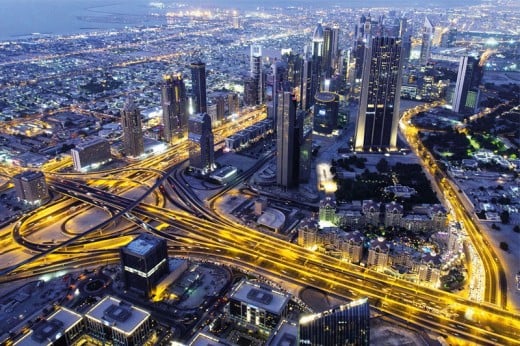
Murder & Violence Against Visitors to Nigeria:
Between 2009 and 2013, there were a total of 10 instances of American non-combatants being killed while visiting Nigeria. The great majority of these instances occurred in areas of the country where contentious sectarian violence has unfortunately become the norm. In truth of majority of violence against foreign visitors and foreign workers can be broken down into three categories: religious division, terrorism, and issues over oil rights.
Religious Division:
While there are instances of religious confrontation between a variety of groups withing Nigeria's borders, by far the greatest and most deadly is between the Islamist sect Boko Haram and Christians in the northern part of the country. This one conflict has made entire portions of Northern Nigeria particularly dangerous for foreigners of certain religious affiliations.
Issues Over Oil Rights:
Nigeria's proven oil reserves (11th largest in the world), have always been a subject of deep contention. As of late, this contention has boiled over into outright acts of terrorism by one group in particular, MEND (Movement for the Emancipation of the Niger Delta). MEND has killed and kidnapped foreign oil workers in the hopes of taking over Nigeria oil, gas and mineral resources.
Terrorism:
While most incidents of terrorism occur in the Northeast and in the Niger Delta, there is a change for terrorism to occur anywhere at anytime. National Security organizations have consistently warned wary travelers to cautious in and around places where large groups gather such as:
- government buildings and schools
- churches, mosques and other places of worship
- transporation hubs such as airports
- tourist attractions, popular restaurants and bars, coffee shops, shopping centers and hotels.

Theft, Carjacking & Kidnapping:
As stated earlier, financial gain is the main motivator for crimes perpetrated against foreigners in Nigeria. Therefore, it shouldn't be a surprise that theft, carjacking and kidnapping are common problems in the larger towns and cities. Theft and petty crime in particular are very common in places where large crowds gather such as beach celebrations and tourist sites. Therefore, it is advised that you always keep your most essential belongings nearby.
Meanwhile, carjackings are a frequent occurrence throughout the country. Busy freeways and main highways are usually the main locations for carjackings. Offenders use various creative ways to stop a car in its tracks. Some criminals will scatters nails in the road to cause flat tires. Others will pretend to be injured or pregnant to induce kindly passerbys to stop and offer a hand. In the great majority of cases, the offenders make off with money with little to no damage inflicted on the victim.
Incidences of kidnapping have increased in tandem with terrorism throughout the country. They are of particular concern in the North, North East and Niger Delta regions. As the main objective of kidnappings is usually ransom, you are more like to be targeted for kidnapping if you readily display trappings of wealth and/or associate frequently with wealthy enterprises. This in part explains why there have been a rash of kidnappings of oil and gas workers since 2009.
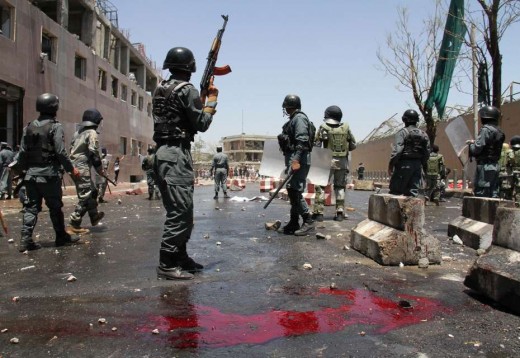
Areas of Concern:
The following areas of Nigeria have consistently been rated as no-go zones by various agencies for a combination of the various reasons listed above:
- The Northern States of Adamawa, Bauchi, Borno, Gombe, Kano, and Yobe
- The Niger Delta States of Abia, Akwa, Ibom, Anamba, Bayelsa, Delta, and Imo.
- The states of Kaduna and Plateau are often affected by inter-communal violence
The following areas have been advised as areas where visitors should exercise a high degree of caution while visiting or passing through:
- The borders of Niger, Chad and Cameroon
- Calabar, Abuja and the Federal Capital Territory

The Good News:
Beyond the dire news and travel warnings concerning the question: is Nigeria dangerous for tourists, it is important to remember that in all likelihood you are very unlikely to encounter any serious criminal element as a tourist or vacationer. Crimes against tourists are at record lows around the world and Nigeria is no exception. Besides Nigeria has unique cultural traditions that you have to see to believe. For example....
Nigerians are friendly (often loud) but friendly:
Many foreigners may comment that Nigerians sound like they are arguing while in the course of polite conversation. Yet, this is fairly typical of the passion and excitement with which many Nigerians communicate. NIgerians will also use endearing terms and pet names get along with others. Their friendliness and positivity is absolutely contagious.
Everything is a (Seeming) Contradiction:
In Nigeria there is extreme wealth and extreme poverty, sometimes within the same mile. As the country's economy and society change and grow rapidly, people's fortunes are changing at a similar rate. However one thing is certain, there is a flow of ideas and optimism here that is unmatched in most parts of the world.
Nigerians Celebrations Are Flamboyant (And Crazy Fun):
Nigerian celebrations take on a life of their own. Birthdays can be extravagant, and festivals are seen by some as ways to innocuously display their new found wealth and status. However, if you ever get the opportunity, I highly HIGHLY suggest that you attend a Nigerian wedding. There is simply nothing like it. Please see the video below as a little teaser in case you are interested.

